Root Canal Retreatment New York City
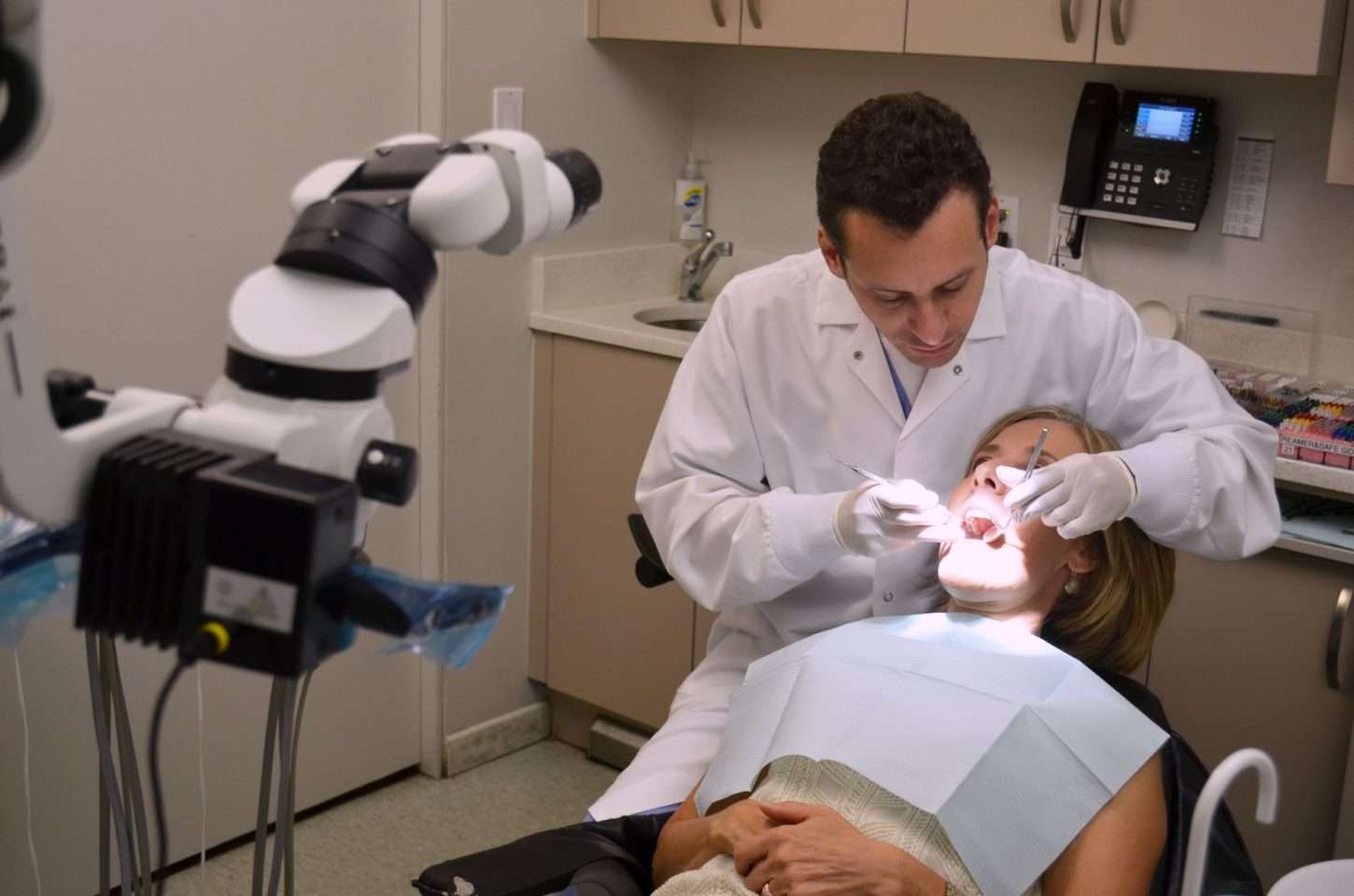
Retreat Root Canal in NYC
When a tooth that’s had a root canal develops symptoms, retreatment may be necessary to treat an underlying issue. At Midtown Endodontist NYC in New York City’s Midtown East neighborhood, Dr. Steven Lipner uses cutting-edge root canal retreatment techniques to care for teeth that develop symptoms after an initial root canal procedure.
Jump to:
What is a root canal retreatment procedure?
Root canal retreatment is a technique that’s used when a root canal doesn’t achieve the desired results. In most cases, root canals are successful in treating deep infection or other damage to the tooth’s pulp. But in some cases, a tooth treated with a root canal can wind up becoming infected and painful again. People with complex root canal structures or improperly applied sealants are often more prone to developing infections and other problems following a root canal. Retreatment treats infections and seals the canal area to avoid additional damage and preserve the integrity of the tooth.
What is involved in a root canal retreatment?
During the retreatment procedure, special techniques will be used to access the damaged or infected area so debris can be removed and medication can be administered to treat any infection. Depending on the location of the damage, the tooth may be accessed from the top or from the lower portion of the tooth near the root. The area will receive a new filling and sealant to prevent additional problems from developing. Sometimes, the tip of the root will be removed in a procedure called an apicoectomy.
Symptoms of retreatment of a root canal
Root Canal Retreatment Pain
Most people who need to have a root canal retreated have symptoms like pain and tenderness in the tooth or the gum surrounding it. In some cases, a pus-filled abscess may also develop. Other times, an issue won’t be uncovered until a dental x-ray reveals a problem at or near the root or inside the tooth structure. If you’re experiencing any symptoms in a tooth that has had a root canal, you should make an appointment right away to be evaluated to determine if a retreatment procedure is warranted.
Root Canal Retreatment FAQ
If your NYC endodontist recommends root canal retreatment, you may have many questions. Here are some of the most frequently asked questions our patients ask here at Midtown Endodontist NYC.
Is Root Canal Retreatment Necessary?
We are proud to say that our root canal treatments have a very high success rate. However, as with any dental or medical procedure, complications can occur despite our best efforts. If the tooth treated by a root canal fails to heal or becomes infected or inflamed, a root canal retreatment may be necessary.
How Long Does a Retreatment Root Canal Take?
A root canal retreatment is relatively straightforward. The whole process is usually completed in one or two appointments. You can expect each session to last about 90 minutes. Knowing this will help you arrange your schedule so you can give your body time to rest and heal.
How Long Does It Take to Heal From a Root Canal Retreatment?
After your root canal retreatment, you may experience tenderness, discomfort and mild pain for a few days. We advise patients to avoid biting or chewing on the affected side. We also provide aftercare instructions to ensure your healing process is as painless as possible. However, if your symptoms persist or worsen, please contact us.
What Is the Success Rate of Root Canal Retreatment?
Success rates for root canal retreatments are high — generally ranging from 80% to 88%. Your prognosis, however, can be affected by the type of treatment your tooth received previously. It’s also essential to find an endodontic practice with a high level of experience performing retreat root canals, such as Midtown Endodontist NYC.
Is Root Canal Retreatment Painful?
You may experience slight discomfort, but generally root canal retreatment is no more painful than the original procedure.
What Happens If Root Canal Retreatment Fails?
Root canal retreatment procedures tend to have a lower success rate than initial root canal therapy. There is a risk that retreatment may be unsuccessful or that infection will reoccur. If a root canal retreatment fails, your endodontist will discuss other options, such as extraction or surgery.
Author: Dr. Steven Lipner

 Our Providers
Our Providers
 Blog
Blog
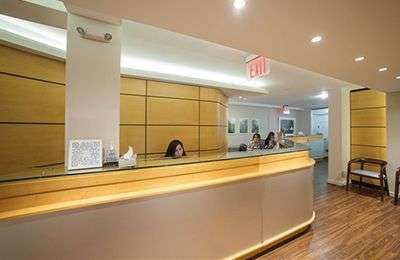 Contact us
Contact us
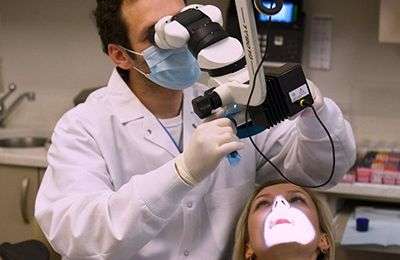 Endodontics
Endodontics
 Root Canal Treatment
Root Canal Treatment
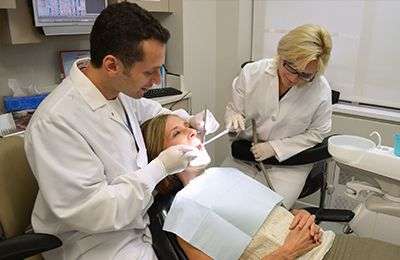 Emergency Root Canal
Emergency Root Canal
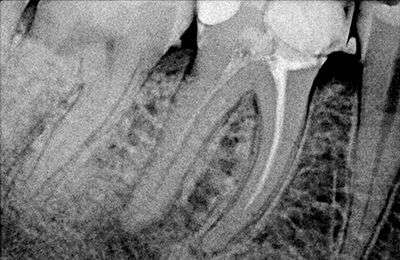 Root Canal Retreatment
Root Canal Retreatment
 Complimentary Teeth Whitening
Complimentary Teeth Whitening
 Teeth Whitening
Teeth Whitening

